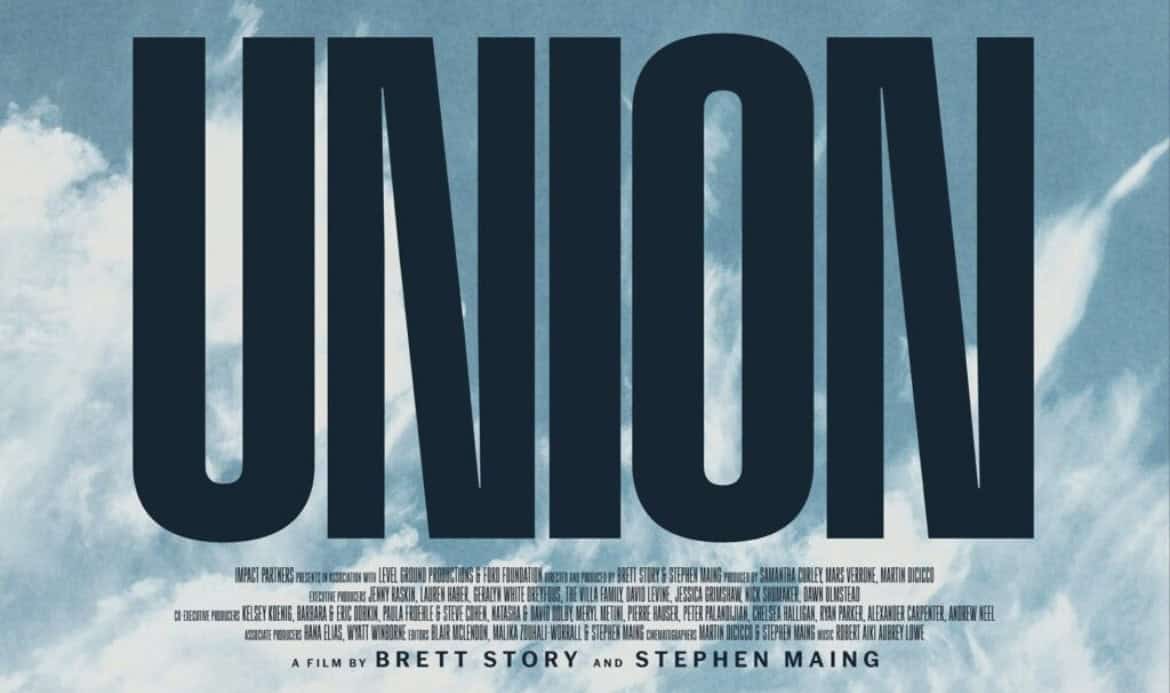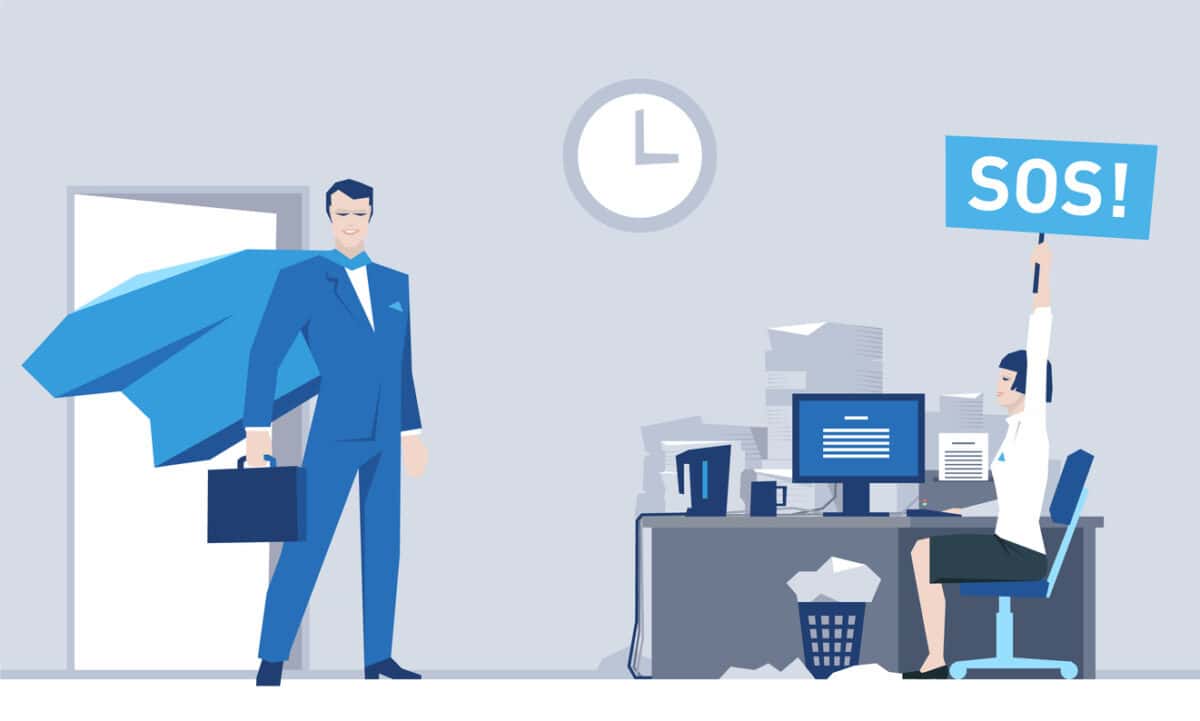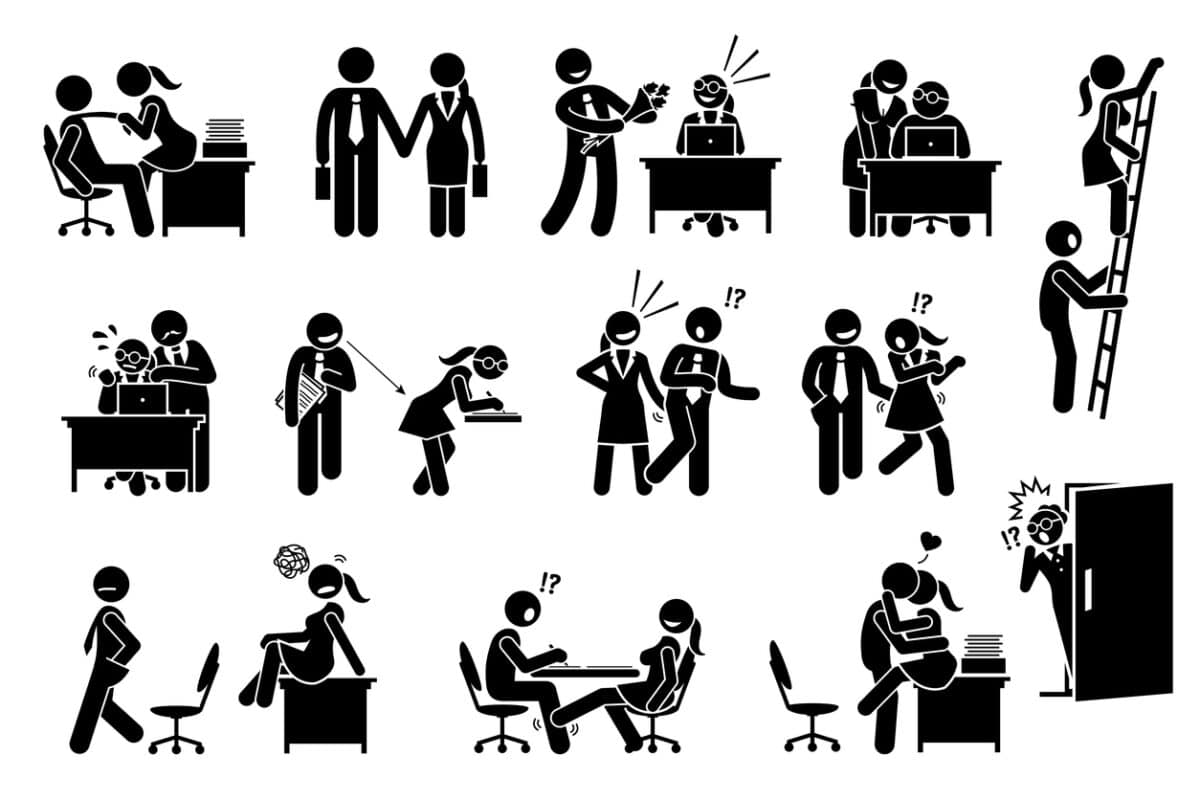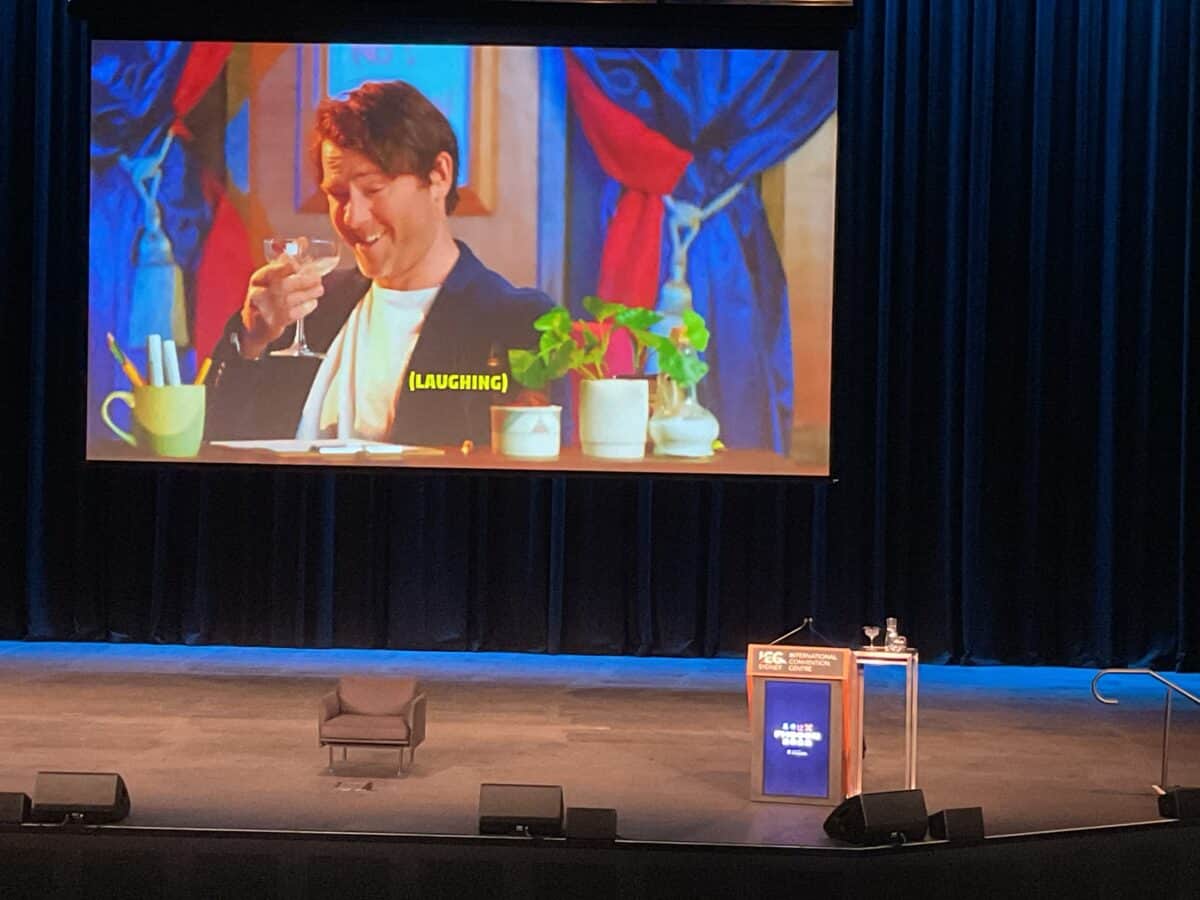There was a row of cheering trade union supporters in the late session of the documentary “Union” at Carlton’s Cinema Nova earlier this week. The film was showing as part of a documentary festival, and the cinema was less than half-full. The film showed an example of grass-roots union organising. There were optimism and failures, and the occupational health and safety (OHS) catalysts for the unionism were mentioned in passing.
Category: ethics
Is Defence Above Safety Scrutiny? Lambie Wants to Know
Senator Jacquie Lambie has been a staunch advocate for improving the occupational health and safety (OHS) of Australia’s defence force personnel. In 2022, she gave a confronting presentation to the Royal Commission into Defence and Veteran Suicide, and she continued her advocacy on day 1 of the 48th session of the Australian parliament by asking reasonable questions that could also be posed in non-military industries.
Endorsing Exploitation? The Legal and Moral Blindspot in the Long-Hours Hustle
Recently, the Wall Street Journal (WSJ) published an extraordinary article that seems to endorse the exploitation of the mental health of workers. (Although the article is paywalled, it is getting a run in some local Australian newspapers) The article reports that companies like Shopify, Solace Health, and Rilla are bluntly marketing roles that involve extreme hours, a relentless pace, and minimal downtime.
One job post literally reads: “Please don’t join unless you’re eager to work 70 hours a week.”
If the job ads for these prominent North American companies were posted in Australia, the unsafe working conditions would likely be deemed illegal.
Sexual Harassment Laws Have Teeth—So Why Aren’t They Biting?
In November 2022, then-Sex Discrimination Commissioner Kate Jenkins explained why sexual harassment in Australian workplaces continues to happen. Basically, she said this was because the sex discrimination laws were reactive to a worker complaint and placed no duty on employers to prevent these types of incidents. But there is more to it than that, and the recent imposition of a positive duty under sex discrimination laws is still not preventing work-related harm.
Regulations: Addressing Market Failures and the Myth of Free Markets
Recently, Federation Press published a weighty tome written by Arie Freiberg called “Regulation in Australia. 2nd Edition“. For those of you who are legislative junkies and can quote sections of occupational health and safety (OHS) law, you will love this, as it examines the mechanics of regulation, not just those of Industrial Relations or OHS. And there is some powerful context to market failures that often lead to new regulations, a perspective shared with Naomi Oreskes and Erik M Conway in their 2024 book, “The Big Myth“.
What does Grok say about OHS?
I was lunching at my local market when someone at the same table began chatting with me. The conversation turned to occupational health and safety (OHS). It was refreshing to discuss this with a non-OHS professional and see their surprised reactions to some of the things employers are required to do to create safe and healthy workplaces.
On my walk home, I wanted more perspectives on my thoughts, so I present the first in an occasional series called “What does Grok say….?”
Psych Health and Safety Conference 2025: A Step Forward
The 2025 Psych Health and Safety (PHS) Conference, held in Sydney and hosted by FlourishDx, marked a significant evolution from its inaugural event. With over 200 delegates, a larger venue, enhanced facilities, and a more polished exhibition space, the conference built on its foundational success. Centred around four key themes—evidence-based practice, leading mentally healthy workplaces, inclusive work design, and international perspectives—the event delivered a robust platform for professionals from occupational health and safety (OHS) and human resources (HR) to converge on the critical topic of psychosocial health and safety.







